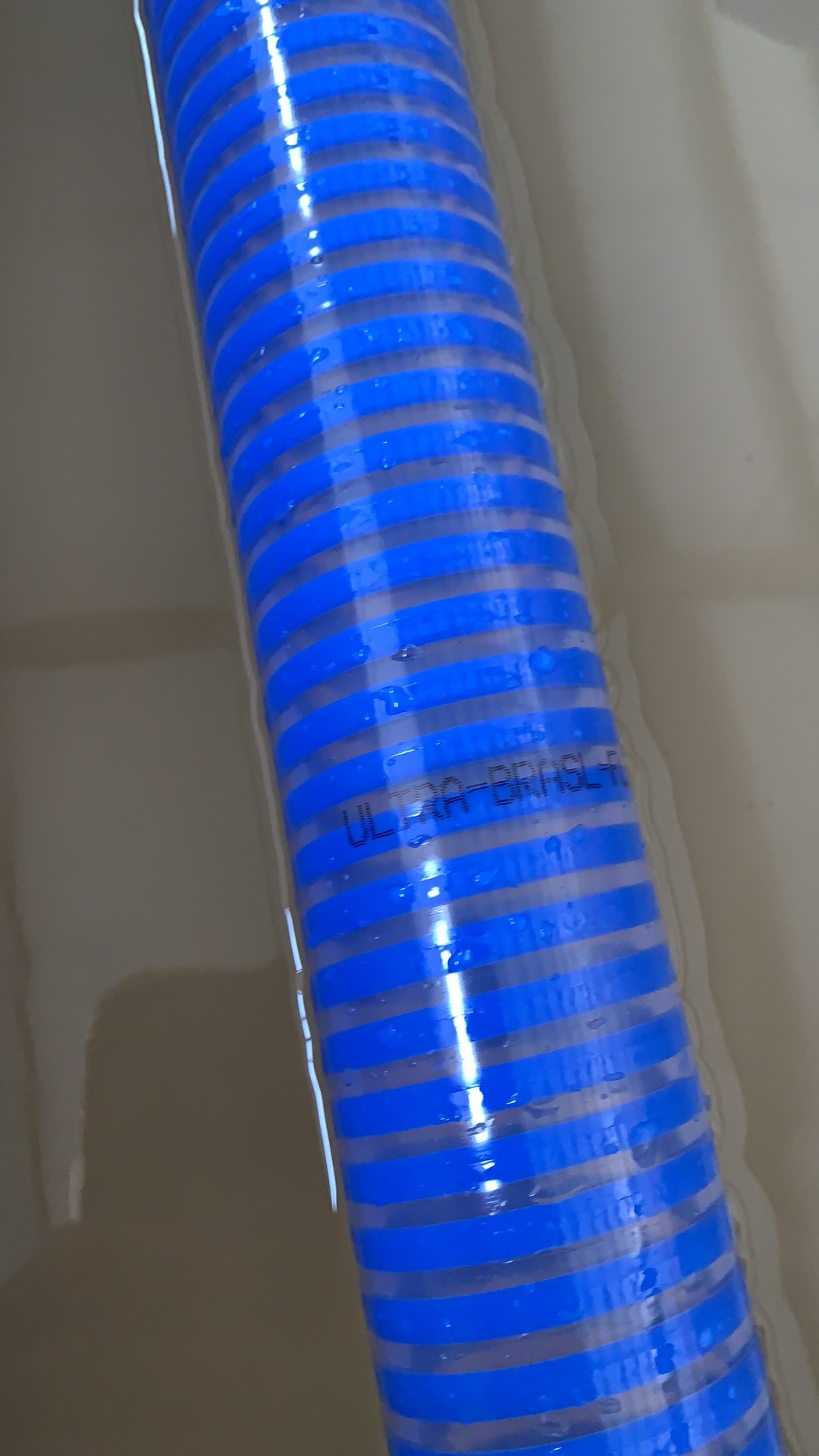pvc corrugated flexible pipe
Understanding PVC Corrugated Flexible Pipe
PVC corrugated flexible pipes have gained wide acceptance in various industries due to their unique properties and versatility. Made from polyvinyl chloride (PVC), these pipes feature a wavy structure that provides excellent flexibility and strength, making them a preferred choice for numerous applications. This article explores the key attributes, advantages, and common uses of PVC corrugated flexible pipes.
Key Attributes
One of the standout features of PVC corrugated flexible pipes is their lightweight nature. This property significantly eases handling and installation, reducing labor costs and time. Additionally, the corrugated design enhances the pipe’s ability to withstand external loads, making it suitable for underground applications. The flexibility of PVC allows it to bend around obstacles with ease, thus accommodating various layout requirements without the need for additional fittings.
The chemical resistance of PVC also plays a crucial role in its popularity. It can withstand a range of acids, bases, and salts, making it ideal for industries that handle corrosive substances. Moreover, these pipes are UV resistant, allowing them to perform well even in outdoor environments where they might be exposed to sunlight.
Advantages
The advantages of using PVC corrugated flexible pipes are numerous. First and foremost is their cost-effectiveness. Compared to rigid pipes, the flexibility of PVC reduces installation costs, as fewer fittings are required and the installation process is simpler. This results in lower overall project expenses.
Another significant benefit is durability. PVC does not rust or corrode over time, providing a longer life span compared to traditional materials like metal or concrete. This durability minimizes the need for frequent replacements, further contributing to cost savings.
pvc corrugated flexible pipe

Moreover, the pipes are non-toxic and environmentally friendly, making them suitable for applications in food and beverage industries. Their lightweight nature also reduces transportation costs and energy consumption during distribution.
Common Uses
PVC corrugated flexible pipes are used across a variety of sectors. In agriculture, they are commonly employed for drainage systems, irrigation setups, and even for transporting water. Their flexibility allows for easy installation in uneven terrains, ensuring optimal functionality in agricultural practices.
In construction, these pipes are ideal for handling stormwater and wastewater, thanks to their excellent flow characteristics and ability to handle varying loads. They are also utilized in electrical and telecommunications industries for conduit applications, protecting cables from physical damage.
Additionally, their use is expanding in the automotive sector for air intake systems and other applications where flexibility and light weight are crucial.
Conclusion
In summary, PVC corrugated flexible pipes are indispensable in modern infrastructure and industrial applications. Their combination of flexibility, durability, chemical resistance, and cost-effectiveness makes them an excellent choice for various uses, from agriculture to construction and beyond. As industries continue to evolve, these pipes are likely to play an increasingly significant role in ensuring efficient and sustainable practices across the board.
-
Welded Wire Mesh Panel: Durable, Versatile, and AffordableNewsJul.28,2025
-
Top Quality Oxy Acetylene Hoses for Sale Fit for Welding DemandsNewsJul.28,2025
-
The Future of Pneumatic Air Tubes in IndustryNewsJul.28,2025
-
Superior and Reliable LPG Hose Pipe Solutions for Every NeedNewsJul.28,2025
-
Exceptionally Durable and Versatile Premium Braided PVC TubingNewsJul.28,2025
-
Best Adapters for Connecting Garden Hose to PVC Pipe ConnectionsNewsJul.28,2025














